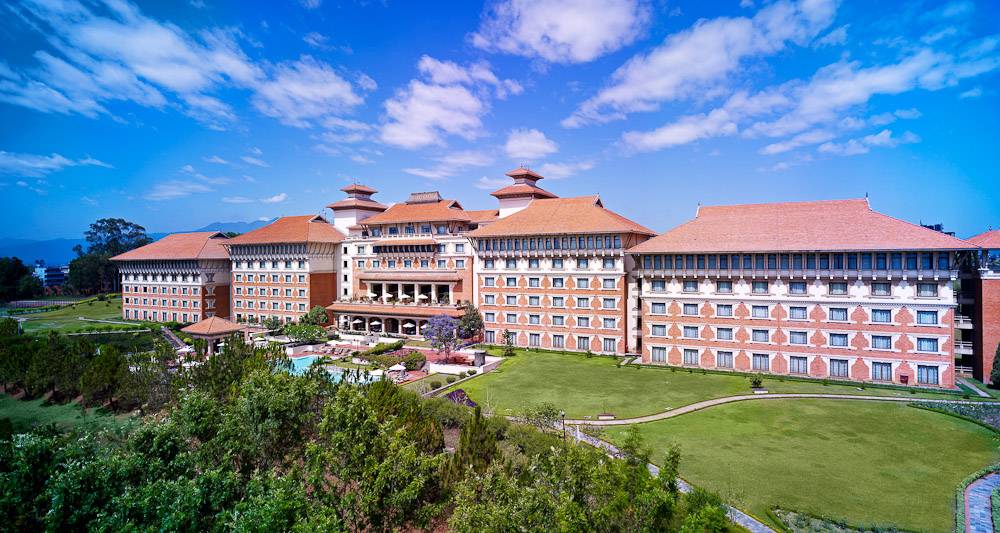Hyatt Regency Kathmandu has closed indefinitely following severe damage during the “Gen Z” protests, as the stability of Nepal’s luxury hospitality sector is uncertain. The hotel sustained heavy vandalism, looting, and fire damage during violent demonstrations in early September.
Police confirmed one death during the incident. According to Nepal Police spokesperson DIG Binod Ghimire, the deceased was identified as 57-year-old Indian national Rajesh Singh Gola, a guest at the hotel. On September 9, a mob of around 100 to 150 people attacked the Hyatt premises in Boudha, setting parts of the property on fire. The guest jumped from a window to escape the blaze and later succumbed to injuries while receiving treatment.
The hotel management has halted all operations until further notice, pointing to safety concerns and full reconstruction. With over 300 rooms and multiple banquet facilities, the Hyatt had been one of the capital’s flagship properties catering to high-end tourists and international events. The management has instructed employees to remain on standby until repair and safety assessments are completed.
A similar attack targeted the Hilton Kathmandu City Centre during the same wave of protests. The hotel burned for days, with losses estimated to have put around USD 40 million in bank loans at risk, involving nine major financial institutions. The newly opened Hilton remains closed, and its investors are currently assessing the monetary and structural impacts.
The “Gen Z” protests, which began as demonstrations against corruption and government incompetence, quickly escalated into violent unrest across the nation. Several establishments associated with wealth and privilege, particularly luxury hotels, banks, and retail outlets, became major targets of public anger.
The Hotel Association Nepal (HAN) noted that hundreds of workers have been displaced by the closures, while businesses linked to hotel supply chains face severe financial strain.
The indefinite shutdown of Hyatt Regency and the arson at Hilton Kathmandu add a major setback for Nepal’s five-star hospitality industry. The fear lingers about Nepal’s image as a secure, premium tourist destination unless swift recovery and reassurance measures are taken.




